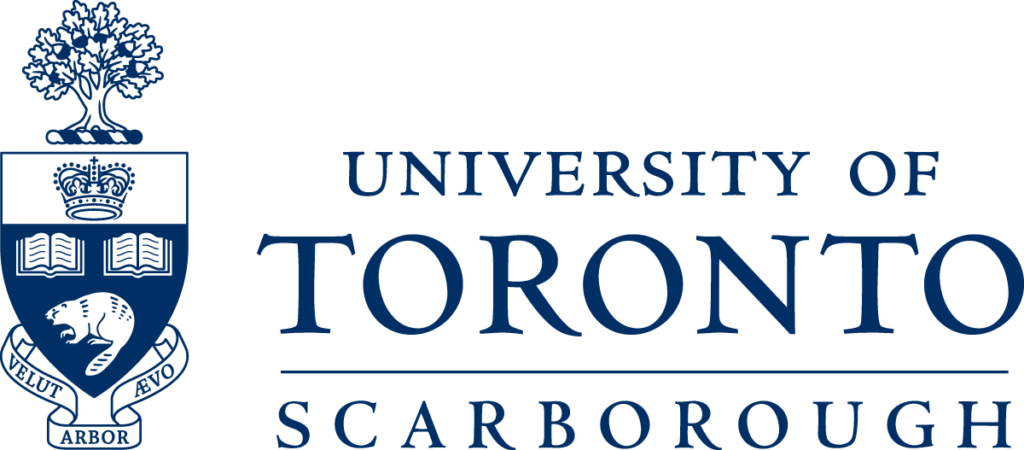We offer medical detox and multiple addiction treatment options in our
luxury treatment centres in Port Hope, Cobourg, and Ottawa.
Canadian Centre for Addictions and the University of Toronto Announce Study on Addiction Recovery and Cognitive Ability
[Toronto, ON Canada]

The Canadian Centre for Addictions and the University of Toronto (U of T) will collaborate on a new six-year research study on the effect of addiction recovery on cognitive ability.
The study will examine whether cognitive abilities return to normal when one abstains, how long it takes, and whether active rehabilitative strategies may facilitate this process. Coming together through MITACS, a program that connects private enterprises with post-secondary institutions, Canadian Centre for Addictions and U of T will launch the joint research program this September.
“Our commitment to higher education and research in the medical field pertaining to addiction understanding and healing, is reflected in our partnership with the University of Toronto”, says Seth Fletcher, Certified Addictions Counselor and General Manager at Canadian Centre for Addictions.
“Providing rigorous research methodology regarding how an individual’s personal makeup contributes to their predilection for substance abuse or eschewing it, helps addictions specialists create new and tailored services based on research. Participating in this step forward in understanding addiction and treatment is groundbreaking and exciting for the Canadian Centre for Addictions”.
Substance use, when chronic and abused, has been shown to have adverse effects on aspects of thinking, such as impaired memory, concentration and decision making. While these symptoms are well known in chronic users, less is known about how thinking abilities may, or may not, return to normal when one abstains. This relationship has important implications for an individual’s ability to return to everyday tasks that require intact memory and concentration, such as work or driving.
The research program will also examine whether recovery of thinking abilities is substance dependent; that is, whether some substances result in longer lasting or even permanent impairments in thinking and functional losses than other substances. It will also examine how various personality traits affect recovery of cognitive function.
“In collaboration with CCFA, our MITACS-supported program of research here at the University of Toronto, Scarborough will seek to place addictions research on firmer scientific grounds as it pertains to how cognition such as memory and learning in addition to social personality factors like resiliency and conscientiousness interact to maintain substance use and abstinence,” said Dr. Konstantine Zakzanis, PhD Professor at the University of Toronto Department of Psychology in Scarborough.
“This project will assist in all aspects of the undertaking and ultimate dissemination of this research in peer reviewed scientific journals, and moreover, in contributing to the training of both graduate and undergraduate student personnel here at the University of Toronto Scarborough.”
The study will follow a group of individuals in a rehabilitation setting, over time, testing their thinking abilities at the outset of their treatment, at various points during their treatment, at treatment end, and after leaving the treatment facility.
About the Canadian Centre For Addictions
Specializing in helping people addicted to alcohol and other drugs learn the skills needed to successfully live a substance-free lifestyle. Located near Toronto, ON, Canadian Centre for Addictions doesn’t just focus on the addiction but on helping people with the originating cause to ensure long-term success.
About University of Toronto
Founded in 1964, the University of Toronto Scarborough is an anchor institution in the eastern GTA. Situated in one of Toronto’s most diverse and multicultural neighbourhoods, the campus fosters a vibrant culture of community engagement, where student’s cross academic as well as geographic boundaries in their pursuit of knowledge. As a part of the University of Toronto, Canada’s top university, with a long history of challenging the impossible and transforming society through the ingenuity and resolve of its faculty, students, alumni, and supporters. We are proud to be part of one of the world’s top research-intensive universities, bringing together top minds from every conceivable background and discipline to collaborate on the world’s most pressing challenges. Together, we continue to defy gravity by taking on what might seem unattainable today and generating the ideas and talent needed to build a more equitable, sustainable, and prosperous future.
For more information please contact:
Seth Fletcher
Canadian Centre for Addiction
1-855-499-9446
seth@CCFAtreatment.org





